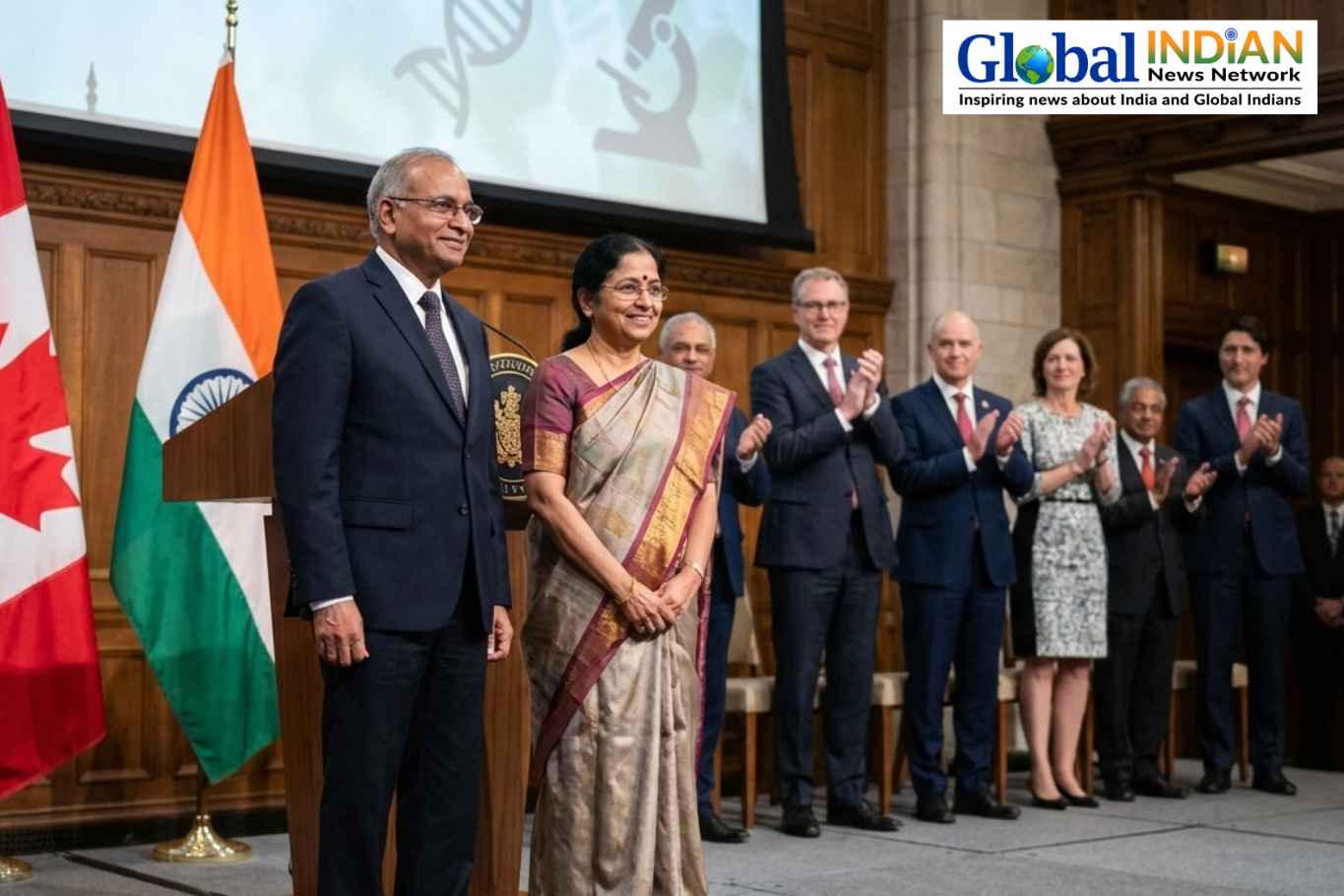 Rujul Gandhi, a scholar of Indian origin associated with the MIT-IBM Watson AI Lab, is actively involved in pioneering investigations that explore the intersection of computer science and linguistics. During her undergraduate years at MIT, Gandhi initiated the exploration of this interdisciplinary fusion and has since become a crucial figure in projects poised to transform communication between humans and artificial intelligence, as reported by MIT.
Rujul Gandhi, a scholar of Indian origin associated with the MIT-IBM Watson AI Lab, is actively involved in pioneering investigations that explore the intersection of computer science and linguistics. During her undergraduate years at MIT, Gandhi initiated the exploration of this interdisciplinary fusion and has since become a crucial figure in projects poised to transform communication between humans and artificial intelligence, as reported by MIT.
Her primary focus lies in developing a parser designed to translate natural language instructions into machine-compatible formats. When dealing with robots or interactive AI systems tasked with understanding and executing commands, the challenge is to convert human-friendly language into a machine-readable form.
To address this, Gandhi collaborates with her advisors, IBM’s Yang Zhang and MIT assistant professor Chuchu Fan, leveraging the pre-trained encoder-decoder model T5.
Additionally, Gandhi extends her research into low-resource languages within the realm of speech recognition. In an era dominated by data-driven language models, low-resource languages encounter obstacles due to limited transcribed speech or the absence of a written form.
Her interest in language processing for such languages leads her to a unique approach. By identifying patterns in sound sequences, her research group establishes a pseudo-vocabulary for these languages, generating labeled data for various applications.
Gandhi envisions a future where individuals can interact with software and devices in their native language or dialect, where voice assistants are elevated, and language technology contributes to translation and interpretation. Her work reflects a commitment to inclusivity, ensuring that the benefits of advanced AI technologies extend to diverse linguistic and cultural contexts, as mentioned in the university’s release.









